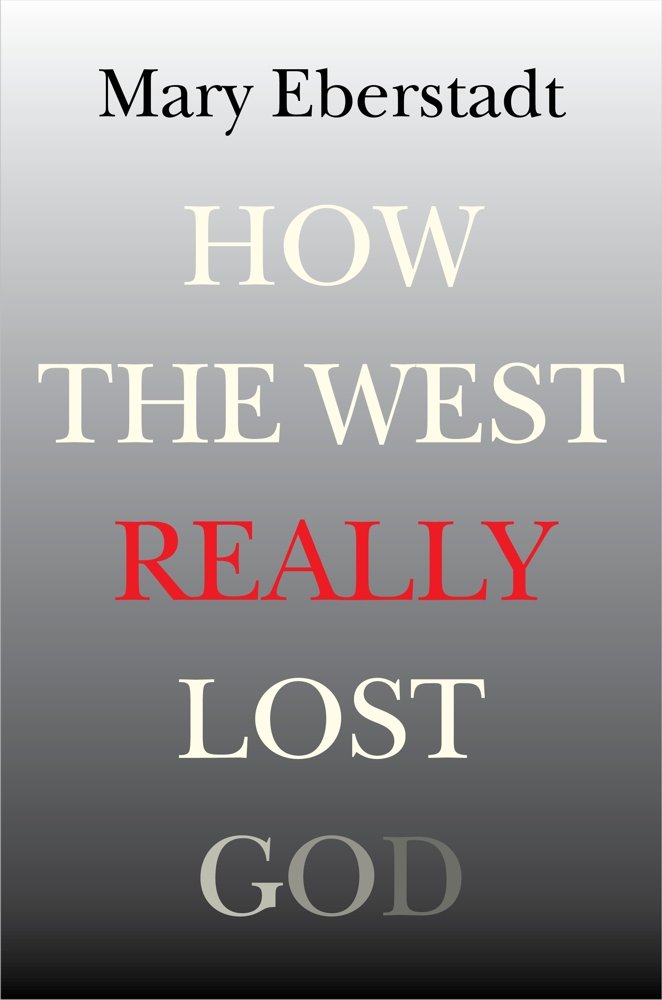As Goes the Family…
- Post by: James M. Hitchcock
- June 9, 2013
How the West Really Lost God: A New Theory of Secularization Mary EberstadtTempleton Press, 2013; 272 pages, $24.95 This is perhaps the clearest and most informative work yet published on the sociology of American religion and also the best, a work that carries the subject to a level that all subsequent analysts need to take into account. Eberstadt, who has the invaluable ability to transform jargon into intelligible (and intelligent) prose, ventures where many who went before her have become lost—seeking to solve the riddle of “American exceptionalism,” the seemingly paradoxical fact that the United States is the most economically advanced country in the world and yet remains a more religious society than any other Western nation. In the process she covers the necessary bases, beginning with the question of whether such a thing as secularization even exists. Some commentators say no, although this requires some rather tortured redefinitions of the word. After considering their claims, Eberstadt settles for the common-sense conclusion that, in terms both of measurable data and intuitional perception, religion now does have less influence in the West, including the United States, than it has had in the past. At the same time she points out that secularization theory does a much better job of explaining why religion declines (when in fact it does decline) than in explaining why it flourishes (when it does flourish). In its classic form, now largely abandoned, secularization theory “demonstrated” that, because of the “disenchantment of the world” by science and other things, religion was bound to decline, eventually to the point of extinction, a claim that historical reality now shows to be false. A major weakness of those who dismiss or oppose religion is their inability to understand why people believe in God at all. This is only an excerpt from the full article. Please check back soon as we will be posting it i
Categories:

